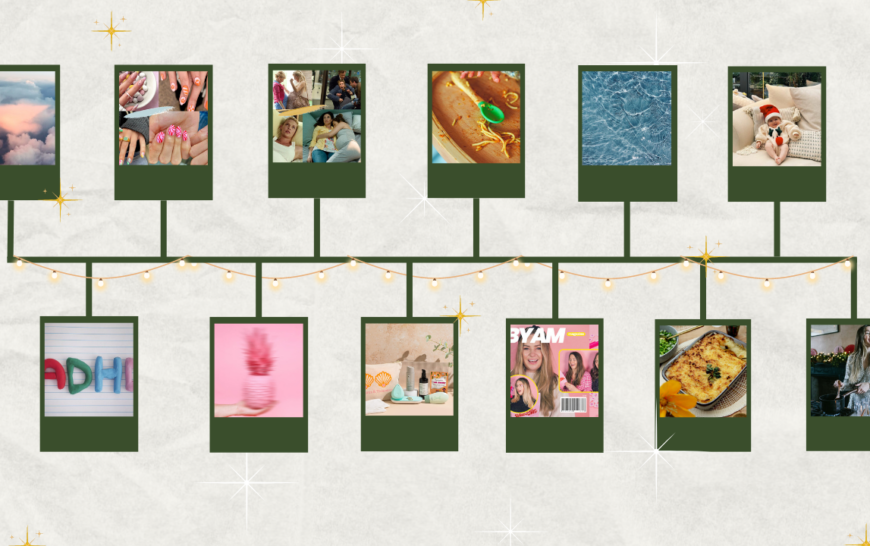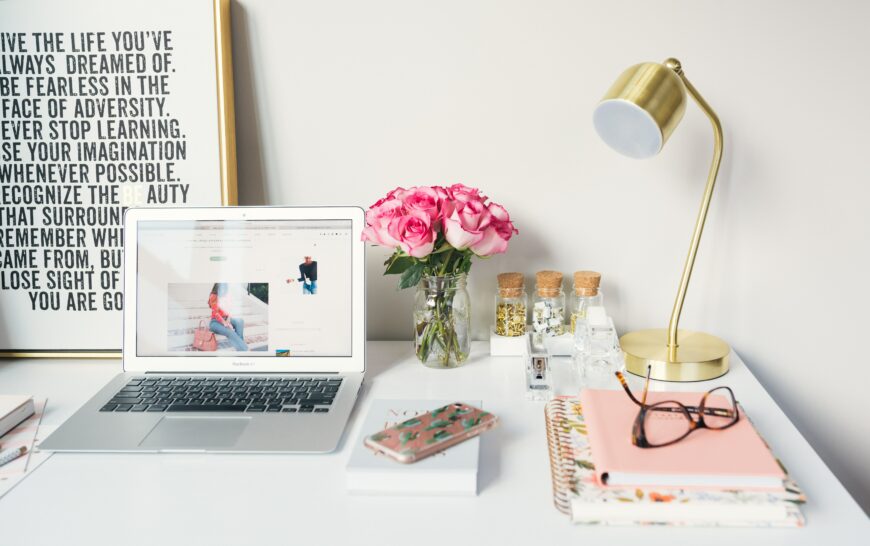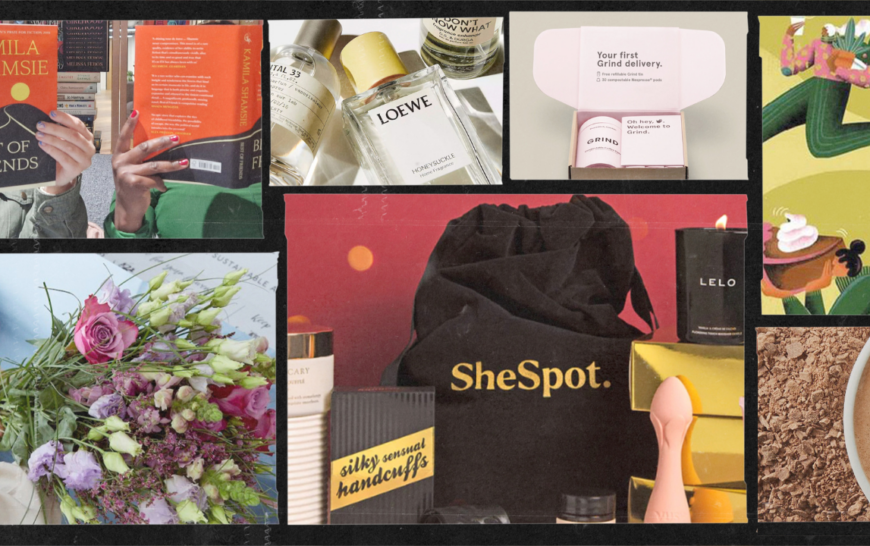
How To Build a Better Relationship With The News
Having a healthy relationship with the news is tough in times like these. But our friends at The Know are *total* experts on the subject. In this piece, they help you break the doom-scrolling cycle so you can stay informed without trading in your peace.
This is a guest article written by The Know, for content pitches please email contact@zoella.co.uk
Let’s set the scene…
You’re watching TV on a Sunday morning, and decide to flip to the news channel. Immediately, flashing banners warn you that breaking news is on the way. The presenter speeds through a seemingly endless list of horrors. A scrolling bar at the bottom updates you on issues you didn’t even know existed. You turn off the TV to take a breather, and half-consciously start scrolling on your phone.
Social media only makes you more overwhelmed. Your habitual Instagram scroll feels like an obstacle course, filled with urgency, sensationalism, and negativity (accompanied by jealousy-inducing photos of your high school friends’ glamorous summer holidays, of course). You’re interested in some of the news you scroll past, but the stressful language and echo-chamber comments make you wonder whether it’s any good.
It’s overwhelming to say the least. Some headlines remind you of all the things that you’re already anxious about. Other headlines introduce people and problems you’ve never even heard of: anxiety yet to come. You lock your phone, turn it face down next to you, and declare once again that trying to keep informed is wrecking your mental health. You decide to break up with the news once and for all.

Sound familiar?
You’re far from alone. A recent report By Reuters and the University of Oxford found that almost half of Brits avoid the news. You can’t really blame them – who wouldn’t want to distance themselves from a constant barrage of negativity? 36% of people say that the news negatively impacts their mood, which makes it a hard sell – especially with our own financial, family, and mental health issues to deal with.
But we also know that staying informed is extremely important (which might explain the bit of guilt that hangs around when you quickly scroll past a BBC post). We simply can’t work towards a better future if we are totally out of the loop. We need to understand the world we live in – after all, how can we vote on important issues if we don’t know much about them?
At The Know, our goal is to help people stay informed without getting overwhelmed – so, we’re basically experts on this subject (if we do say so ourselves). That’s why we know it’s truly possible to have it all: you can keep aware of current affairs, curate informed opinions, and still stay as stress-free as possible.
How, you ask? We’ve got some tips! Here’s what we’ve found works for us and our readers as we build a healthy relationship with the news…
1. Choose sources you trust and limit the amount of time you allocate to them
The number of news sources competing for your attention can feel completely overwhelming. Pick two or three outlets you trust (and that don’t cause you too much anxiety), whether it’s a news app or a digestible daily newsletter. Build some time into your routine that’s dedicated to getting caught up (we recommend reading on your commute or while you drink your morning coffee!). Limiting news exposure to an allocated time will prevent the never-ending doom scrolling.
2. Take an axe to your Instagram feed
Unless your preferred method of keeping up with the news is on your socials, unfollow the news accounts that trigger your anxiety. Social media is already hard on our mental health – try to make it a more positive space by following upbeat or purely informative accounts, and leaving your actual news reading to other platforms.
3. Seek out solutions and positive stories
While it’s certainly important to know about the not-so-good things that are going on in the world, it’s equally important to protect your mindset by finding the bright side of life. Traditional media tends to favour doom-and-gloom sensationalism, but some news outlets, like The Know, spotlight positive stories and the solutions that exist. It’ll help you remember that things aren’t *all* bad.
4. Take part in your community
With a global news cycle, we can sometimes forget to focus on the issues that are under our nose – but the truth is, you’re much more likely to make a meaningful impact in your own town or neighbourhood. That’s because you know the needs and norms of your community better than any other – plus, you can see the positive impact first-hand and stay motivated to keep making change. Seek out Facebook groups that organise community-building activities, or look for opportunities to get involved on websites like Do It Volunteer.
5. Ditch the idea that you need to be an expert on everything.
One of the fallacies that can make the news so overwhelming is that you need to know the ins-and-outs of every single issue. But the truth is that there simply aren’t enough hours in the day to become an expert on every story. Make intentional choices to block out some of the noise that feels less essential. As for all the other stories – trust us, you won’t be quizzed on them.
But above all, remember not to be too hard on yourself! If you’re a total news junkie (like us!) it might be hard to break your consumption cycle, even if you know it’s doing you no good. Have some grace and remember that everyone can handle a different level of engagement – there’s no one-size-fits-all solution.
If you’re looking for a digestible way to stay in touch with current events, check out The Know’s free 5-minute daily newsletter. It’s easy to understand, extremely entertaining, and we start every day with a positive news story, guaranteed.





